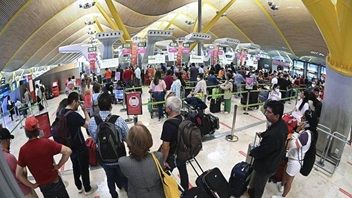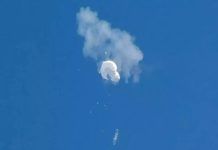Spain’s national airport operator Aena’s invitation to tender to provide the private security service for 46 airports and two heliports in its network has received the interest of ten companies that have already submitted their bids. The tender offer – divided into 13 lots – will guarantee the award of contracts for the entire network for at least the next four years.
In addition to the companies that currently provide the service, such as Segurisa and Trabisa, among the companies that are vying for the contracts are Eulen, Ilunion, Sistach and the UTEs (temporary union of companies) formed by Garda and Tagesa; Security Control Group and Dimoba; I-SEC Spain Services Management together with I-Sec Spain Aviation Security; I-SEC Spain Services Management / I-Sec Spain Aviation Security with Alert and Security Solutions; Southeast Security with Southeast Facility Services; and Transportes Blindados together with Visabren Servicios Generales.
The bidding process will begin a second phase in which several rounds of dialogue will be held with the bidders, in which aspects such as the duration of the contract will be discussed which will initially be set at four years, extendable for another year. Once the dialogue period has closed, the suppliers must then submit their final offers.
The airport operator explained that during the term of the new contracts, an important process of technological modernisation will be carried out with which Aena seeks to maintain its leadership position in world airport management.
Specifically, the company will continue to install explosive detection equipment (EDS standard 3) to inspect hold baggage, in compliance with European regulations.
In addition, security lines will be modernised, with the implementation of state-of-the-art technologies (EDSCB, ATRS, remote screening and biometric systems), to expedite the passage through pre-boarding controls and improve the passenger experience.
As detailed in a statement, Aena will have invested 1.17 billion euros in physical security in a decade (2018-2028), with the renewal of the baggage inspection systems in the hold, the acquisition of new EDSCB equipment that will allow electronic devices or liquids do not have to be removed to pass security control, and with the deployment of new equipment dedicated to automating the passenger screening process.








